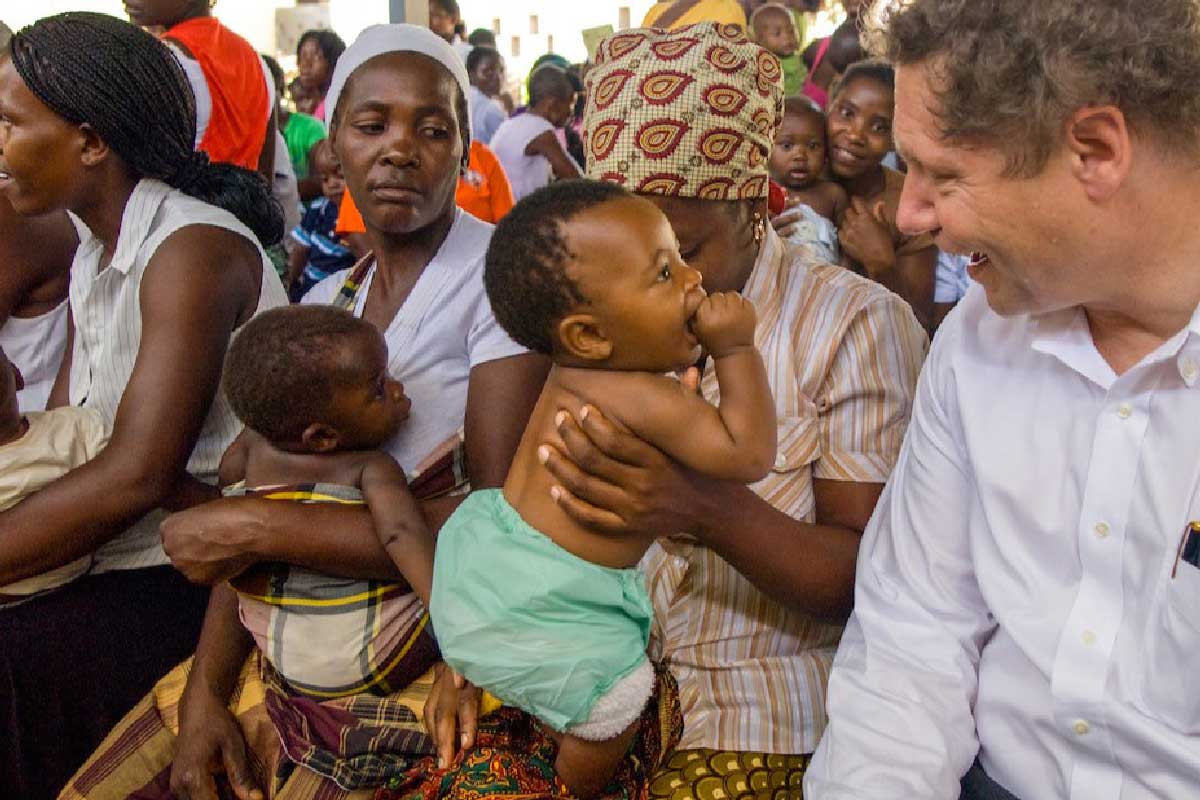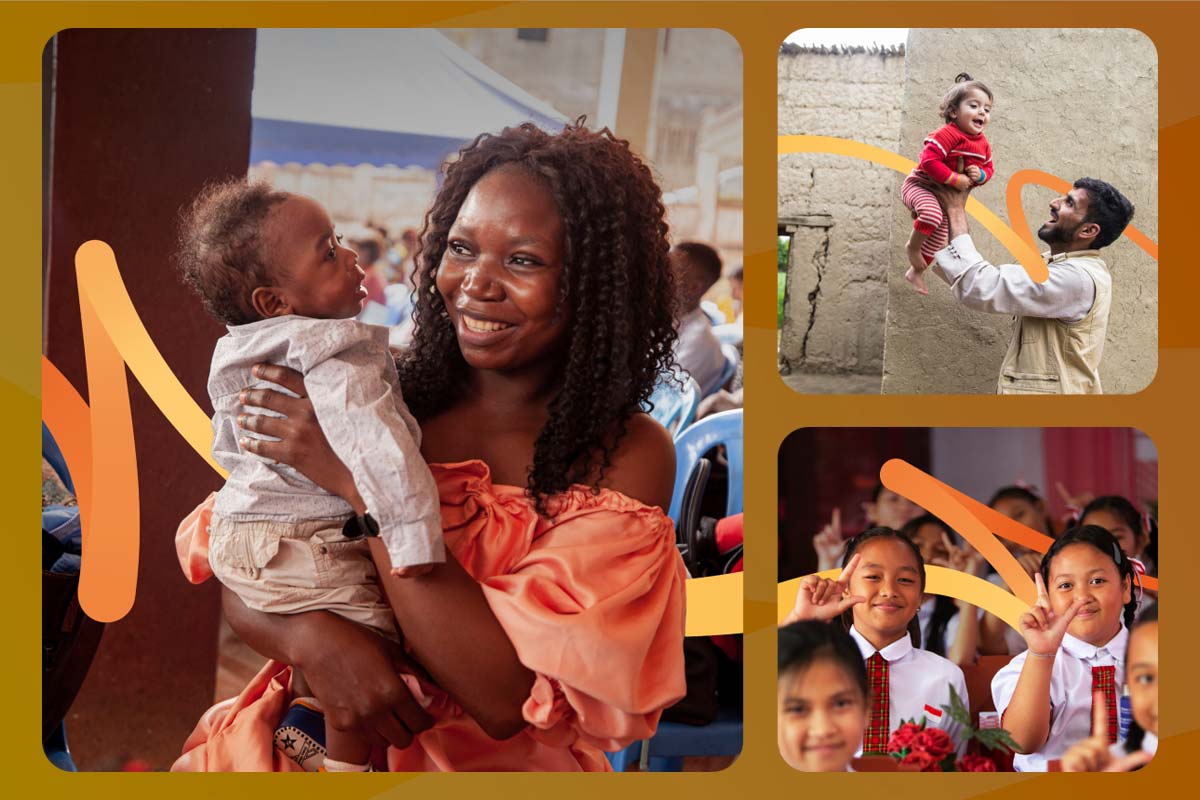New era for health: 5 key developments to watch at WHA78
From 19 to 27 May, ministers of health and global health leaders will gather in Geneva for the 78th World Health Assembly.
- 13 May 2025
- 7 min read
- by Pascal Barollier
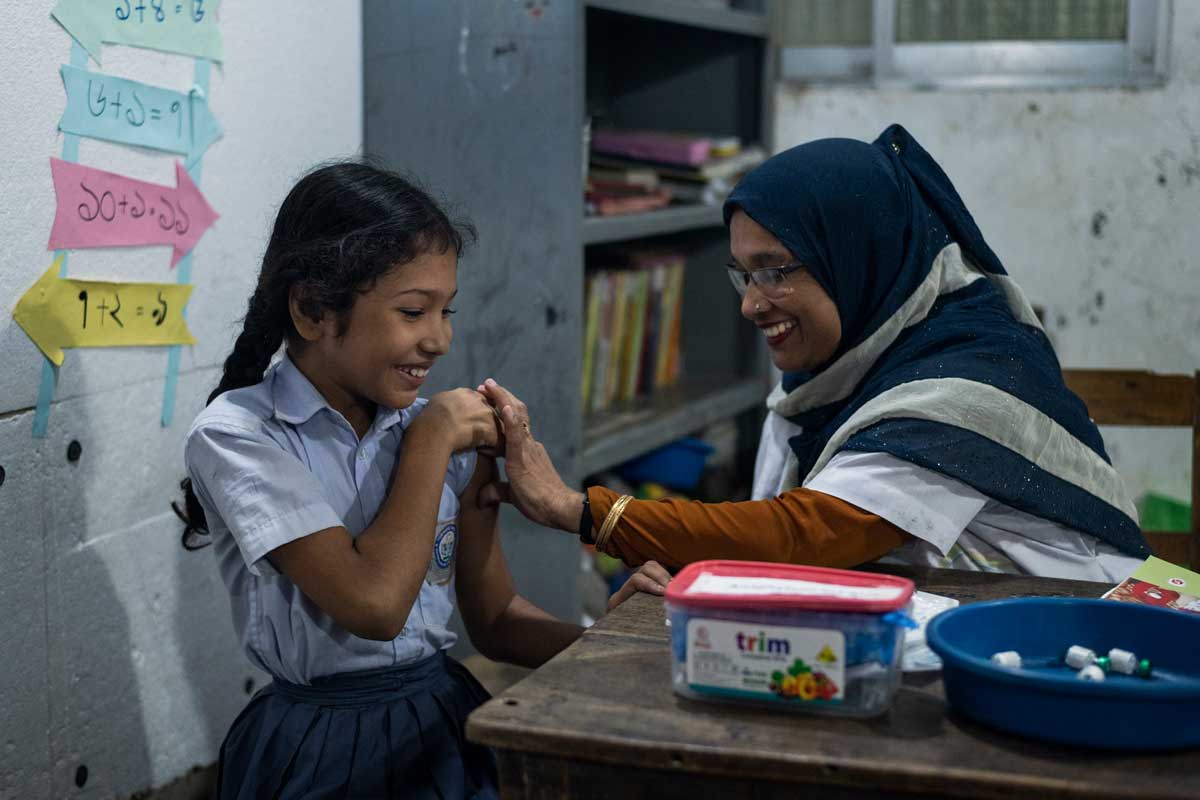
- Ministers focus will be on an increasing range of health threats, from resurgent infectious diseases to growing non-communicable diseases (NCDs).
- Significant geopolitical shifts and fiscal tightening are forcing countries and partners to rethink their ways of working and drastically improve efficiencies.
As a new era of global health begins to take shape, this year’s Assembly will be a defining moment for countries and partners to improve their collaboration towards human health and wellbeing.
Gavi at the 78th World Health Assembly
Download Gavi's high-level messages to learn more about our key recommendations for this year's delegates:
Here are 5 key developments to watch !
1. A Historic Step for Pandemic Prevention, Preparedness and Response
WHA78 is expected to mark the historic adoption of the Pandemic Agreement, a major milestone in multilateral health cooperation, and a powerful testament to the strength of multilateralism and governments’ collective commitment to public health. Three years in the making, the agreement represents a comprehensive, binding global framework under the WHO Constitution to better prevent, prepare for and respond to future pandemics.
A key element of the Agreement is the recognition of immunisation as a key tool to prevent and respond to future pandemics. The agreement confirms the creation of a Pathogen Access and Benefit-Sharing System (PABS), designed to ensure that countries can rapidly access life-saving tools like vaccines in a pandemic emergency.
Importantly, it includes a target for allocating 20% of pandemic health products, including diagnostics, treatments and vaccines, to lower-income countries, with a minimum threshold of 10% made available as a donation and the remaining percentage at affordable prices. This is a key measure to prevent the inequities experienced during the COVID-19 pandemic. Once the agreement is adopted by the Assembly, Member States will have 12 months to complete the negotiations on the PABS.
As countries prepare for this historic step, swift ratification and implementation of the agreement will be essential to translate ambition into action and ensure the world is better prepared for future pandemics.
2. Tackling the Surge in Vaccine-Preventable Disease Outbreaks
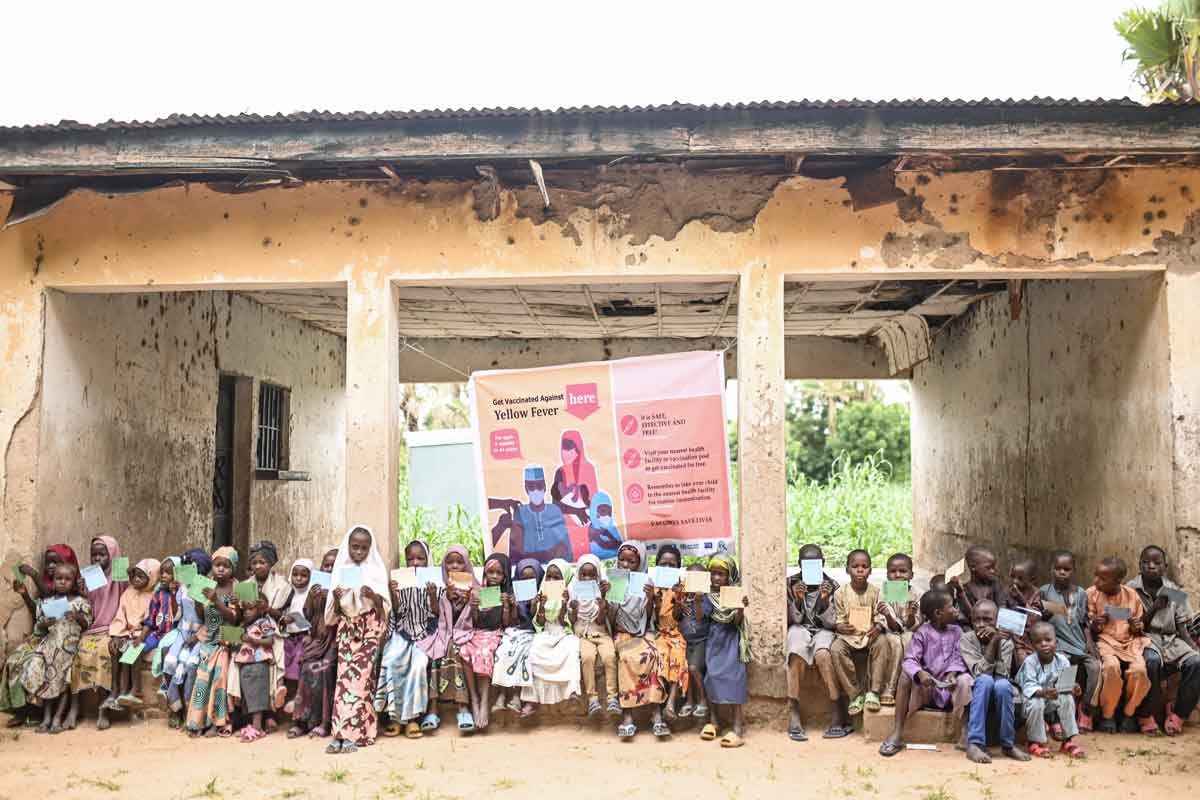
Outbreaks of vaccine-preventable diseases such as measles, yellow fever, and meningitis are on the rise, threatening to reverse decades of public health gains. Past pandemics and health emergencies have revealed how our health systems have often been stretched to the limit when faced with the scale of infectious disease outbreaks and public health emergencies seen in recent years.
In 2024 alone, WHO has responded to 51 graded emergencies across 89 countries and territories. Despite new health innovations for vaccine development and delivery, disruptions to routine immunisation and declining donor support have led to resurgence of vaccine-preventable infectious diseases, leaving millions of children vulnerable.
To raise awareness and mobilise action, Gavi, the Vaccine Alliance and partners will co-host a series of high-level events throughout the week, including:
- Tue 20 May – Outsmarting Outbreaks: Innovation, Integration & Investment (with the Gates Foundation, UNICEF, UN Foundation)
- Tue 20 May – Defeating Malaria, Meningitis and Polio (with Mali, Nigeria, Pakistan, and Saudi Arabia)
- Thursday 22 May – A spotlight session on the crisis in Sudan: Journey Through Sudan’s Health System Resilience
- Friday 23 May – The Power of Prevention: Immunising for a Safer, Healthier World (with the Measles & Rubella Partnership, IFRC, and others)
These engagements reflect Gavi’s commitment to save lives and protect people's health by increasing equitable and sustainable use of vaccines. Tools such as the Day Zero Financing Facility and the First Response Fund, already activated during the mpox emergency, will continue to provide rapid support during the earliest phases of outbreaks. Also, by maintaining stockpiles for outbreak-prone diseases such as Ebola, yellow fever and meningitis, Gavi is helping countries to respond quickly and effectively to emerging threats, keep deadly diseases at bay.
3. Addressing the Growing Burden of Non-Communicable Diseases (NCDs)
WHA78 also serves as a milestone in the lead-up to the High-Level Meeting on NCDs in September. NCDs remain the leading cause of death globally, particularly in low- and middle-income countries. Many NCDs have infectious origins, making immunisation a powerful prevention tool which is usually overlooked. .
An estimated 8.3% of the global NCD burden is attributable to infectious causes, and about 13% of new cancer cases each year are linked to infectious diseases. Vaccines like HPV and hepatitis B prevent some of their associated cancers, while others - such as those targeting measles, meningitis, and polio - help prevent long-term disability and chronic health conditions, thus contributing to reducing the burden of NCDs.
By integrating immunisation into broader NCDs elimination strategies, countries can reduce the burden of both infectious and non-communicable diseases in a cost-effective, scalable way.
In low- and middle-income countries, where access to essential health services remains limited and where the burden of NCDs is growing, vaccination must be considered as a key, cost-effective intervention that reduces financial strains on people and systems and improve health outcomes, including for the most vulnerable.
4. Strengthening the Global Health Workforce
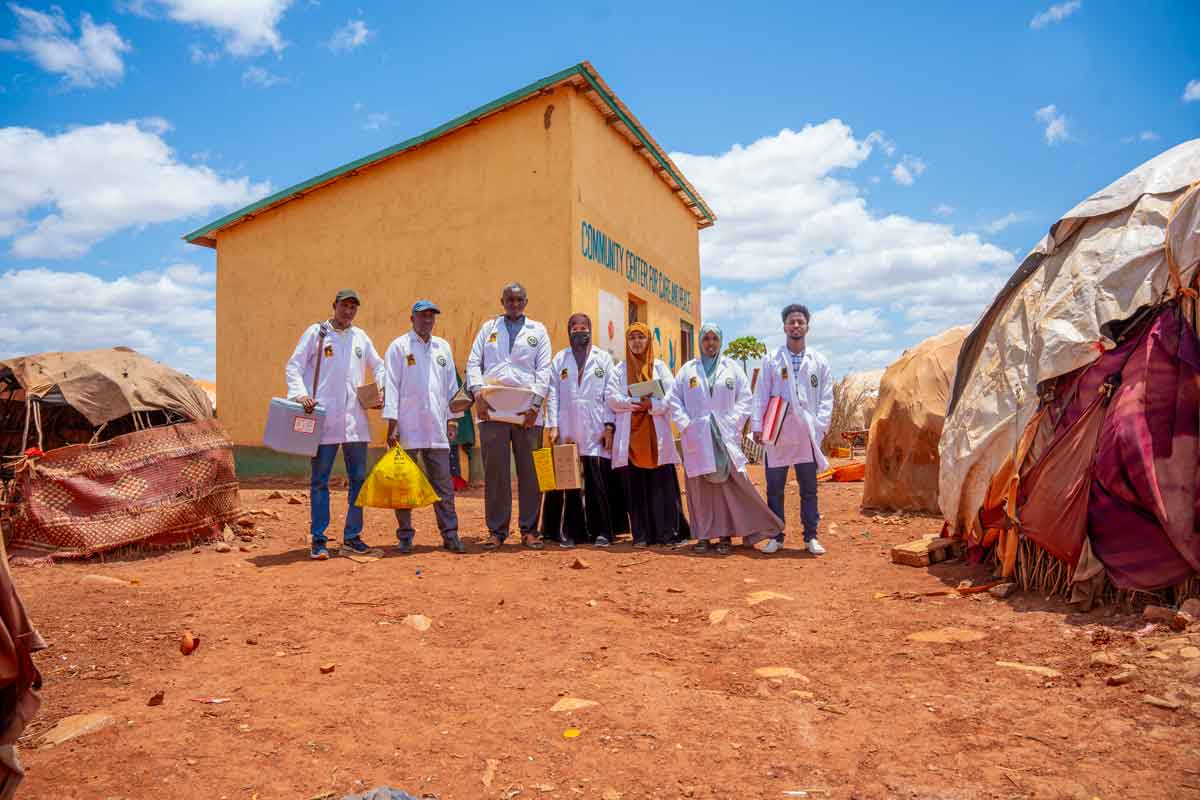
Meeting the ambitions of WHA78 will require more than policy, it will require people. Yet the world is facing a projected shortfall of 11 million health workers by 2030. An important resolution spearheaded by the Philippines and Morocco calls for accelerated action on the global health and care workforce by 2030, including decent work, formal recognition, fair and equal remuneration based on qualification and roles.
Community Health Workers (CHWs) are essential to immunisation service delivery, advancing equitable access to health services and supporting progress toward Universal Health Coverage. They provide health education, and enable referral and follow-up, case management, basic preventive health care and home visiting services to specific communities. They also provide support and assistance to individuals and families in navigating the health and social services system. Their deep understanding of local cultural norms enables them to act as a bridge between communities and the health system, helping to build trust and improve access to care.
Yet, CHWs disproportionately suffer from a lack of recognition and fair remuneration. The vast majority of CHWs – 86% in Africa – remain volunteers that receive minimal to no compensation. Given their critical role in bridging access to health services for communities, CHWs should be integrated into the national health workforce, adequately skilled, remunerated, supervised and protected.
The adoption of the health workforce resolution by the Assembly would mark a key step toward greater recognition and investment in the health workforce as a cornerstone of resilient and equitable health systems.
5. Mobilising Sustainable Financing for Health
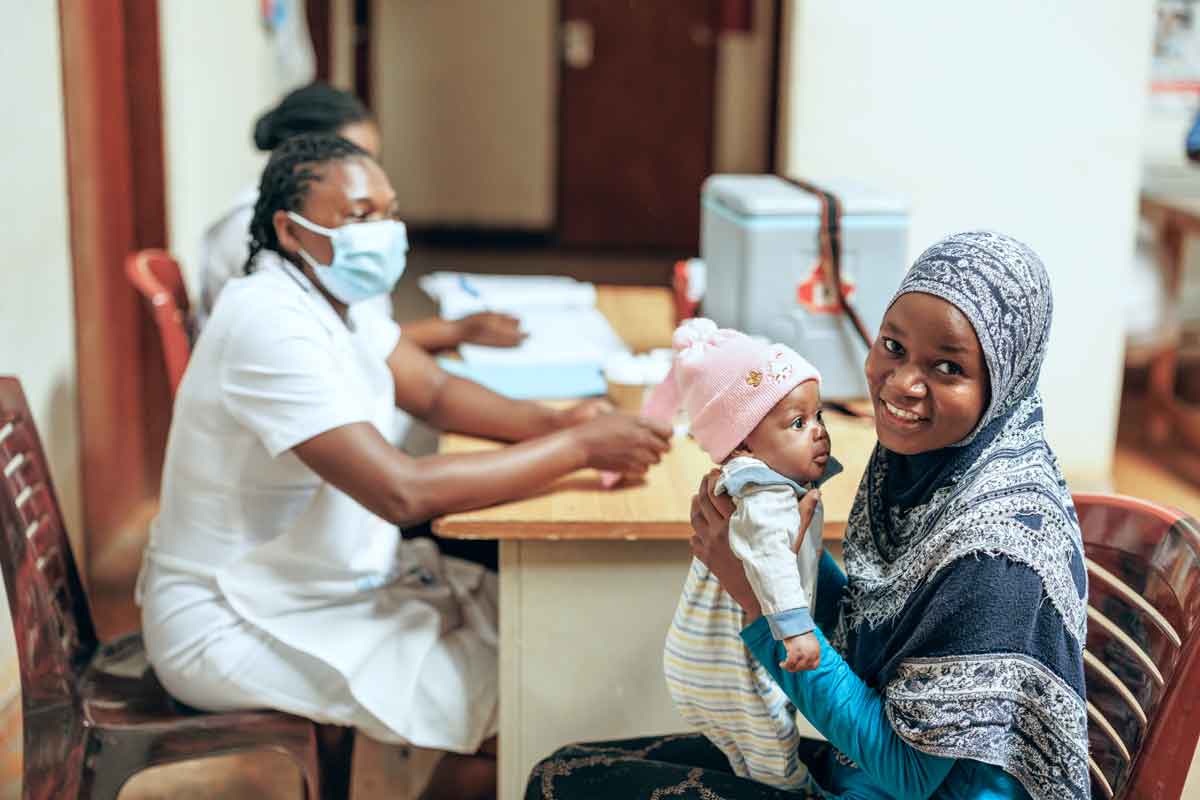
WHA78 will spotlight the urgent need to make global health financing more sustainable and equitable. A resolution tabled by Nigeria urges the international community to strengthen support for domestic health priorities and to expand innovative financing mechanisms.
Gavi has long championed innovative ways of financing vaccines and immunisation systems, from its co-financing model to global mechanisms like the International Finance Facility for Immunisation (IFFIm). These approaches not only help raise funds but also foster country ownership and long-term sustainability.
Gavi and the Republic of Côte d’Ivoire will convene Ministers of Health for an event on “Investing in Ownership – Sustaining Immunisation for Future Generations” on Tuesday 20 May to reaffirm commitments to immunisation financing through the Gavi model. Gavi will also unveil key programmatic shifts and grant reforms under Gavi’s new strategic period in another event later in the week. Both events will bring together a select group of stakeholders to facilitate a focused and high-level dialogue.
These events will be important milestones as Gavi finalises preparations for its Global Summit “Health & Prosperity Through Immunisation”—co-hosted by the European Union and the Gates Foundation on 25 June 2025—which aims to fundraise at least US$9 billion to protect 500 million children and save over 8 million lives between 2026 and 2030.
The global health landscape is changing dramatically, requiring organisations – including Gavi - to accelerate shifts towards greater agility, sustainability and ultimately country ownership. The 78th World Health Assembly represents an opportunity for countries and partners to come together to agree on priorities, ensuring decisive action is taken to address the most urgent challenges facing the health sector.

